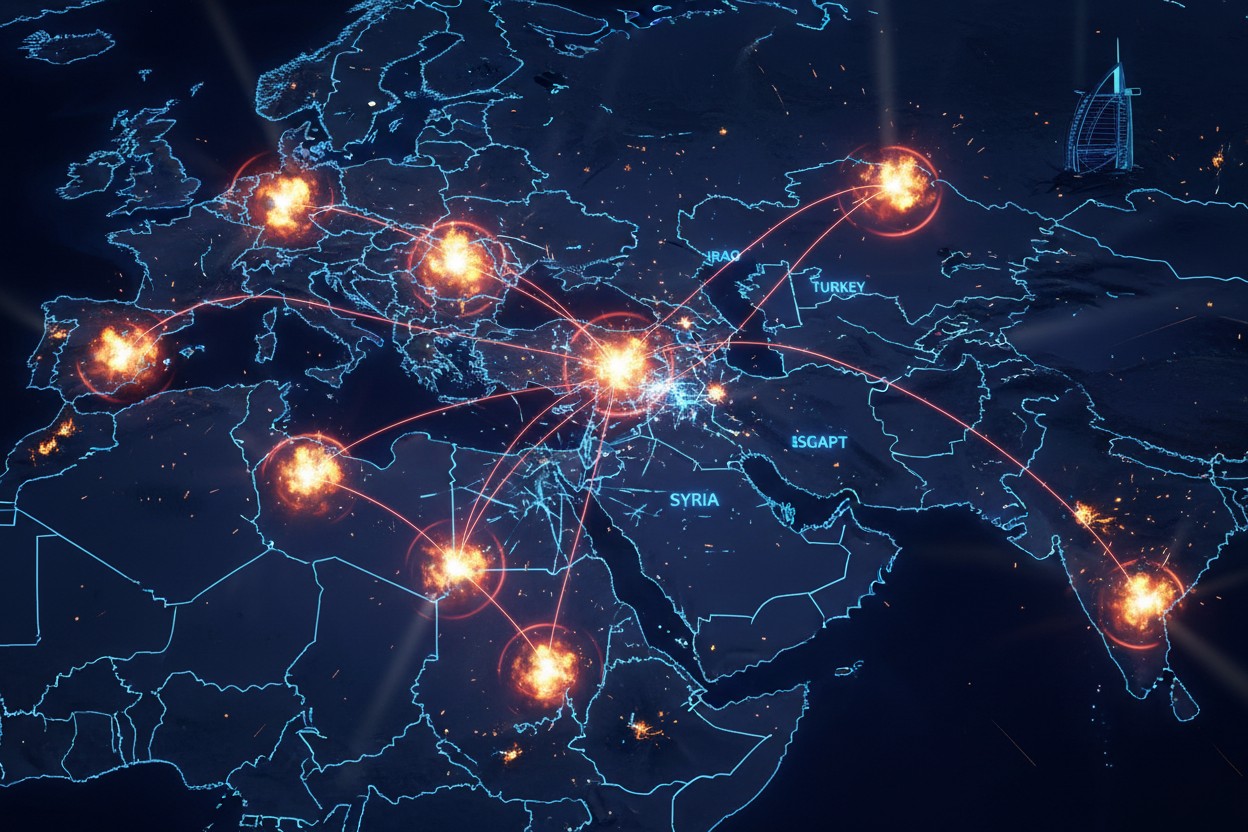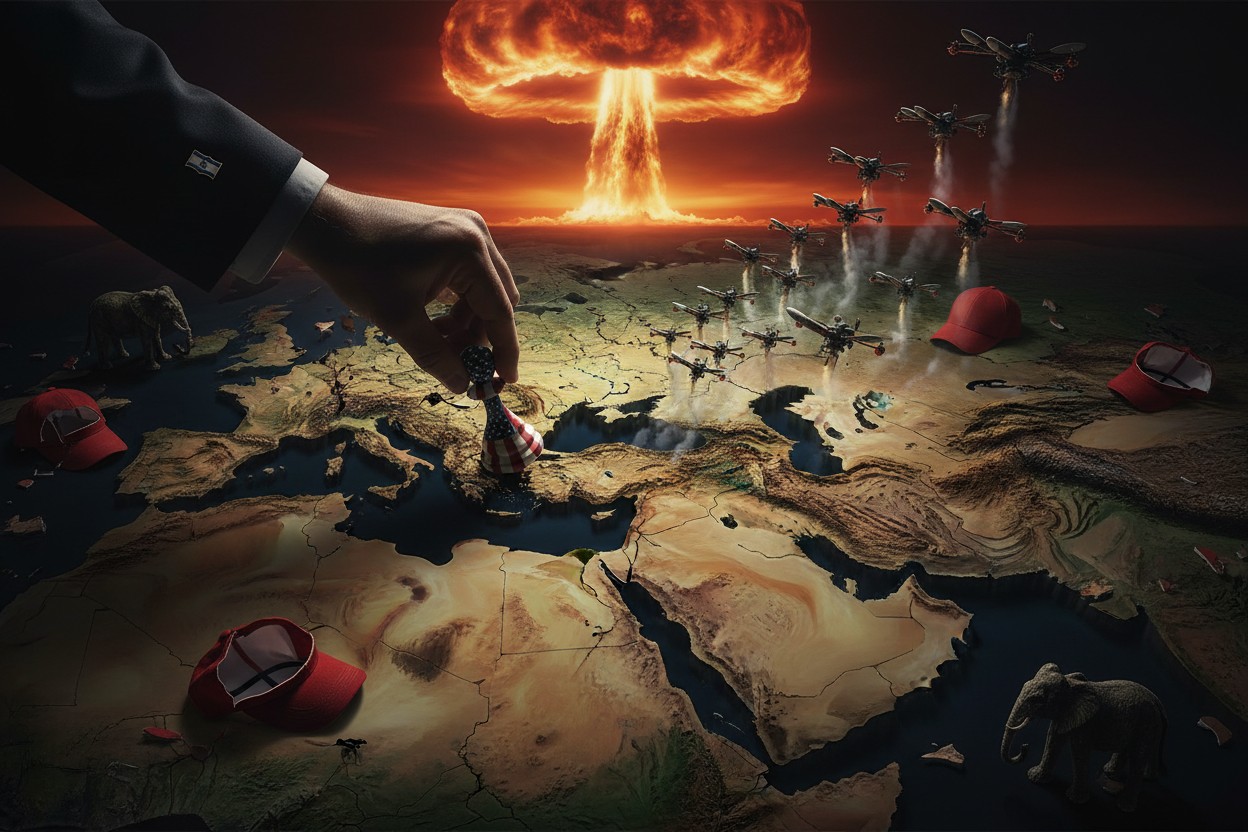© Brighteon.com All Rights Reserved. All content posted on this site is commentary or opinion and is protected under Free Speech. Brighteon is not responsible for comments and content uploaded by our users.
This channel has partnered with the Brighteon Store and receives a small commission from all sales generated from an affiliate link.
Click the shop now button below to help out this channel.
Annie Jacobsen's "Surprise, Kill, Vanish: The Secret History of CIA Paramilitary Armies, Operators, and Assassins" explores the CIA's covert operations from World War II to the War on Terror, revealing how the U.S. shifted from traditional warfare to shadowy paramilitary tactics. The book begins with the Pearl Harbor attack, which spurred the creation of the CIA in 1947, inheriting the OSS’s unconventional methods, including sabotage and assassination—exemplified by the killing of Nazi official Reinhard Heydrich. Post-war, the CIA orchestrated coups in Guatemala (1954) and Iran (1953), often with destabilizing consequences, such as radicalizing figures like Che Guevara. Failed operations like the Bay of Pigs exposed flaws in covert strategy, while programs like Executive Action formalized assassination efforts, as seen in Che’s execution. After 9/11, the CIA’s Stalker Team and drone warfare blurred moral lines, raising ethical debates about preemptive killings and plausible deniability. The book underscores the enduring tension between national security and the human cost of covert actions, leaving unresolved whether such tactics can ever be justified. Veterans like Billy Waugh reflect on the brutal realities of these shadow wars, highlighting their unpredictable and often devastating legacy.
For more videos, visit BrightLearn.ai
Find a copy of this amazing book here





